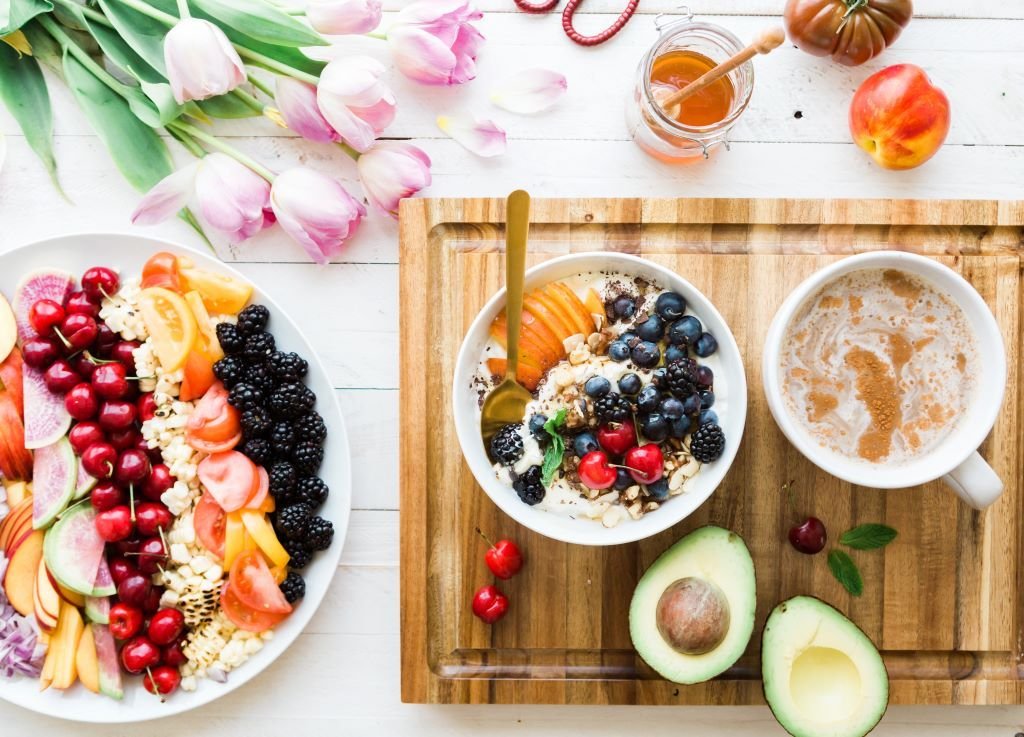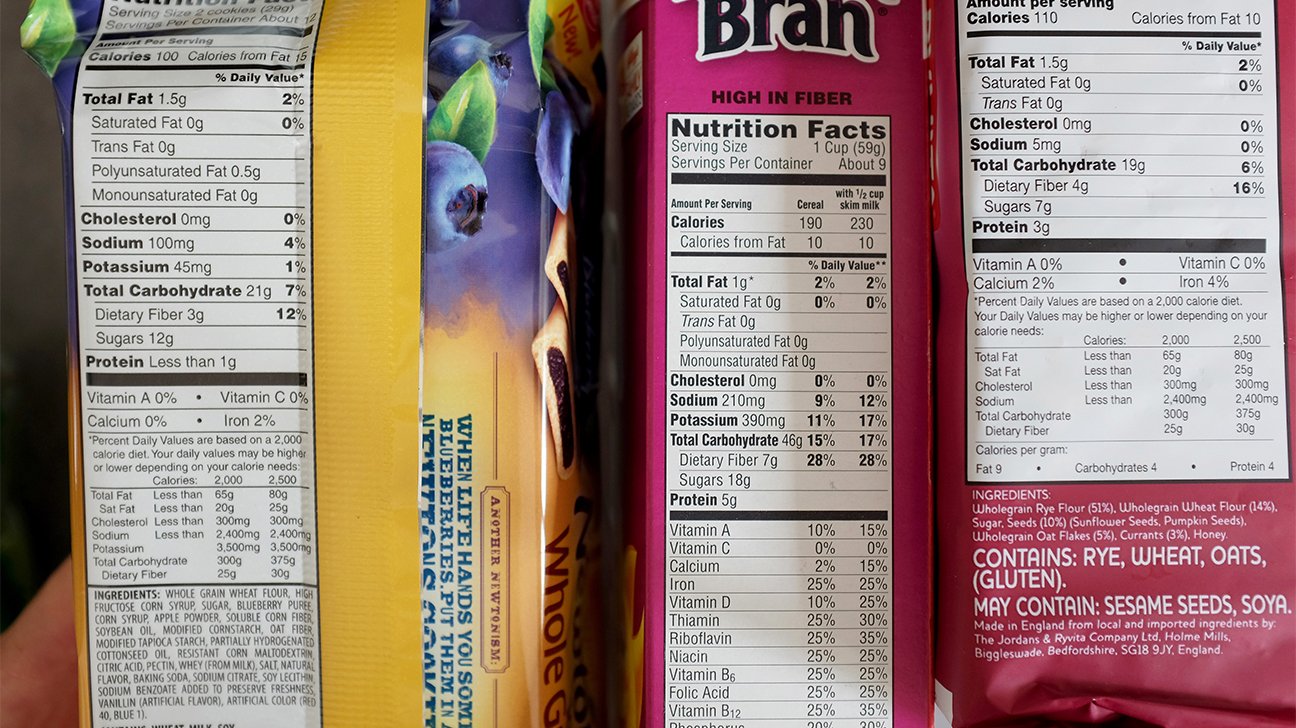Maintaining a healthy gut is crucial for overall wellness, affecting everything from digestion and immunity to mood and skin health. A balanced gut microbiome, populated with beneficial bacteria, plays a significant role in digestive health. This article explores the importance of gut health, the role of probiotics, and natural ways to support digestion.
Understanding Gut Health
The gut microbiome is a complex ecosystem consisting of trillions of microorganisms, including bacteria, fungi, and viruses. These microorganisms aid in the digestion of food, produce essential nutrients, and help protect against harmful pathogens. When the balance of these microorganisms is disrupted—due to poor diet, stress, medications, or illness—it can lead to digestive issues and other health problems.
Signs of an Unhealthy Gut:
- Bloating and gas
- Diarrhea or constipation
- Food intolerances
- Fatigue
- Skin issues
- Frequent infections
The Role of Probiotics
Probiotics are live beneficial bacteria that can help restore balance to the gut microbiome. They can be found in certain foods and supplements and offer several health benefits, including:
- Improving Digestion
Probiotics help break down food and absorb nutrients, reducing symptoms like bloating and gas. - Enhancing Immune Function
A healthy gut microbiome can strengthen the immune system, helping to fend off infections and illnesses. - Supporting Mental Health
Research suggests a link between gut health and mental well-being, as gut bacteria can influence mood and behavior through the gut-brain axis. - Managing Weight
Probiotics may help regulate metabolism and fat storage, contributing to weight management.

Natural Ways to Support Digestion
In addition to incorporating probiotics into your diet, there are several natural ways to support digestion and maintain gut health:
1. Eat a Diverse Diet
A varied diet rich in fruits, vegetables, whole grains, lean proteins, and healthy fats can promote a diverse gut microbiome. Aim to include a variety of colors and types of food in your meals.
2. Incorporate Probiotic-Rich Foods
Include foods that naturally contain probiotics, such as:
- Fermented Foods: Yogurt, kefir, sauerkraut, kimchi, miso, and tempeh.
- Prebiotic Foods: Foods that feed probiotics, such as garlic, onions, leeks, asparagus, bananas, and oats.
3. Stay Hydrated
Drinking plenty of water aids digestion by helping dissolve nutrients and promoting regular bowel movements.
4. Limit Processed Foods
Reduce intake of processed foods high in sugars and unhealthy fats, as they can disrupt gut bacteria and lead to inflammation.
5. Manage Stress
Chronic stress can negatively affect gut health. Incorporate stress-reduction techniques such as meditation, yoga, deep breathing exercises, or spending time in nature.
6. Regular Physical Activity
Exercise can enhance gut motility and promote a healthy microbiome. Aim for at least 150 minutes of moderate aerobic activity each week.
7. Get Enough Sleep
Quality sleep is essential for maintaining a healthy gut. Aim for 7-9 hours of restful sleep each night to support overall health.
8. Avoid Unnecessary Antibiotics
While antibiotics can be necessary for treating infections, they can also disrupt gut bacteria. Always consult a healthcare professional before taking antibiotics.
Conclusion
Supporting gut health is essential for overall well-being, and incorporating probiotics into your diet is a great way to promote healthy digestion. By eating a diverse diet, staying hydrated, managing stress, and maintaining a healthy lifestyle, you can foster a balanced gut microbiome. Take proactive steps toward nurturing your gut health and experience the positive impact it can have on your digestion and overall health.




